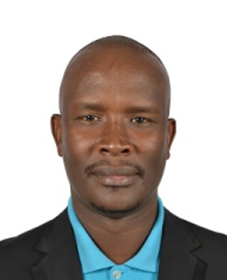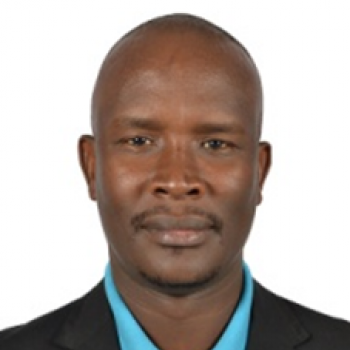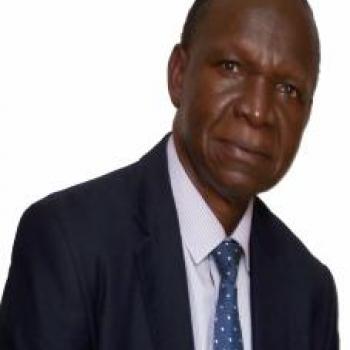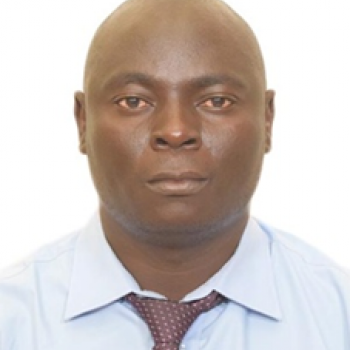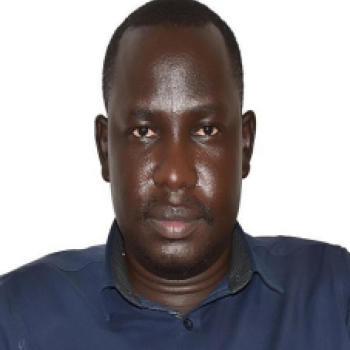Department of Family Medicine and Community Health
Training in this program takes a minimum of four years, and educational activities are based on adult learning principles, student-directed learning (SDL), scheduled didactics and problem-based learning (PBL). We place special focus on emergency patient care, continuity of patient care with close follow-up, effective collaboration with consultants and meticulous, evidence-based management of our patients. In addition to the above-mentioned educational components, there are scheduled case conferences presented by Residents under the supervision of Consultants within the department and bedside teaching rounds, which form important learning opportunities for the residents.
The Department of Family, Emergency Medicine and Community Health enjoys close collaborative partnerships with other higher learning institutions and hospitals, both nationally and internationally. There is a binding memorandum of understanding with Sagam Community Hospital (SCH), Jaramogi Oginga Odinga Teaching and Referral Hospital (JOOTRH), Massachusetts General Hospital, Harvard University and the University of Illinois – Chicago to name a few.
The education and success of our students is our greatest priority and we are fully committed to ensuring excellence within our students. The Family and Emergency Medicine Residency Program is designed to stimulate and cultivate the brilliant minds of all physicians who join our program so they may leave this program with the skills needed to positively impact the lives of those who entrust us with their care.
Thank you for your interest in our program. We would be happy to assist you with further information. Please do not hesitate to contact us.
Vision
This programme in Family and Emergency Medicine (FEM) aims to produce unique medical practitioners with advanced knowledge and skills in both disciplines who can assume leadership roles, develop high quality preventative and acute care programs for communities, and directly care for most all acute and chronic medical conditions. These doctors will be well-suited to provide compassionate, effective, patient and community-centered, and cost-effective care to people of all socioeconomic backgrounds.

